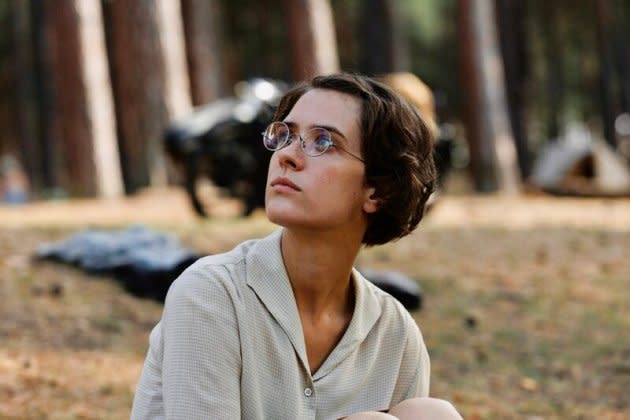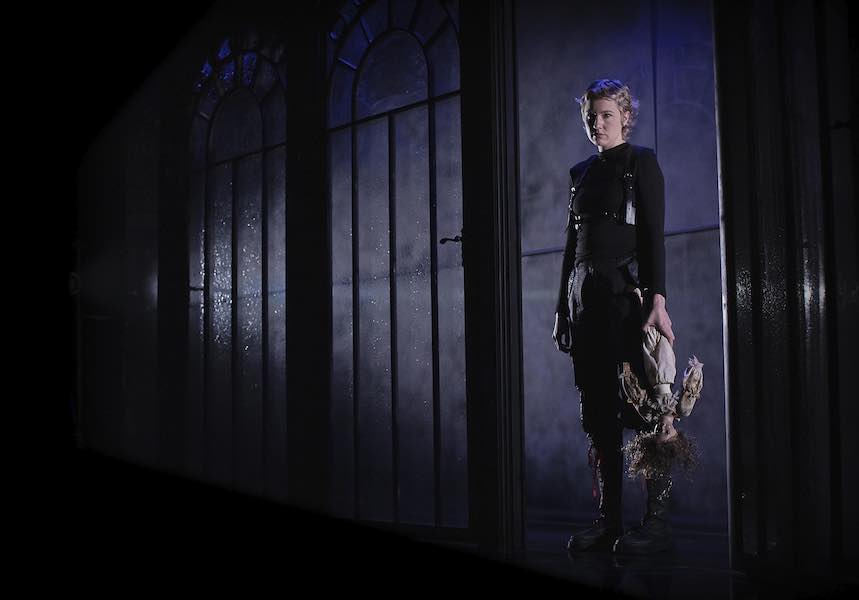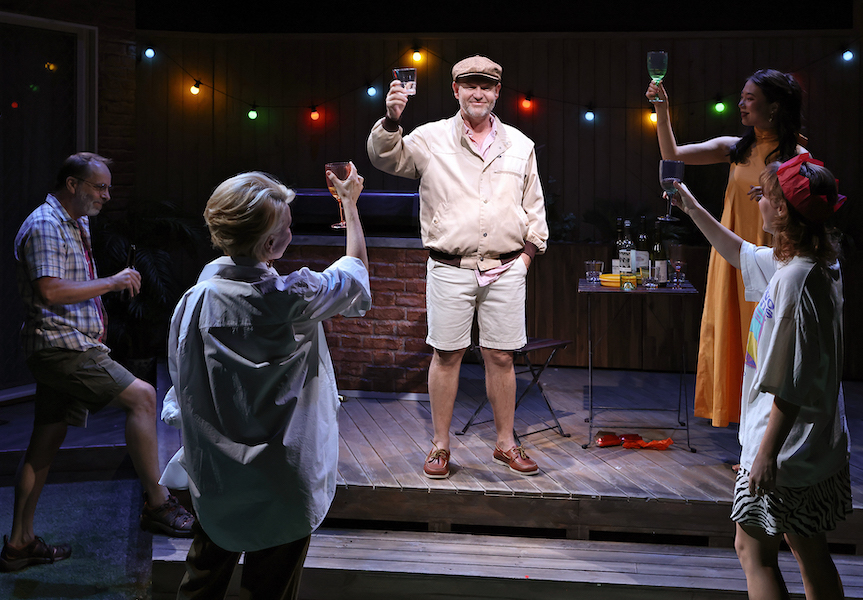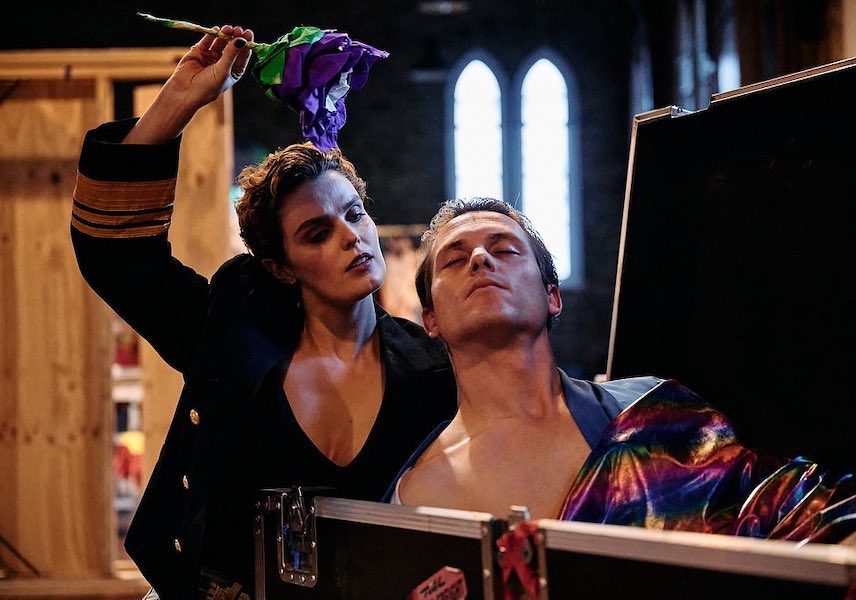
BABYTEETH
On the surface, Anna, Henry and Milla, seem to be living an ordinary family life in Sydney – making pancakes, dealing with demands of work, catching the train to school on the Bankstown line. Yet, underneath the humdrum, each is dealing with reality that Milla is dying of cancer. But when Milla falls in love with Moses, an aloof, drug-addicted dog groomer, daily life is thrown into disarray. Suddenly living and loving has never been so important.
Babyteeth is described as bittersweet, a dark comedy; a dissection of the everyday world around us. Playwright, Rita Kalnejais, also poignantly states it’s a story about intimacy and how people love in the face of loss.
The production is certainly all these things. Right from the start, the play evokes a sense of daily living, both physically and emotionally. There are many tense and banal exchanges in the family kitchen, which captures the awkwardness and beauty arising from intimacy, whether it is an uncomfortable conversation about sex or a mother-daughter embrace on a kitchen chair.
The genius here is that these exchanges are exploited to create humour, an element that endures throughout the entire first half. This makes the story and its characters seem fascinating while also setting a pace that engages.
This is enhanced by the performances, which are all exemplary and played with gusto. There is also a natural synergy between the actors that invokes a feeling of closeness. This, combined with the ease in with each interacts with the revolving circular stage and the three rooms set upon it, imbuing it with a filmic quality that further stamps it with a sense of veracity.
While there are so many great elements to Babyteeth, these aren’t enough to make it a great play overall. The second half slows somewhat, dragging it out to two-and-half hours. The play also erupts into melodrama here, momentarily negating the sense of emotional realism created from the more subtle, intricate scenes.
Furthermore, the characterisation of Moses is lacking in that we learn nothing more or new about him; while Milla’s struggle with her illness isn’t explored in a way that arouses much empathy for her passing. Then again, perhaps this is Anna and Henry’s story rather than Milla’s because it is through them that we explore the issues of how to love and let go. These questions aside, Babyteeth certainly has guts, enough to make it worth seeing; however, it doesn’t have enough heart to make it truly memorable.
Until Mar 18, Belvoir St Theatre, Belvoir St, Surry Hills, $42-62, 9699 3444, belvoir.com.au









